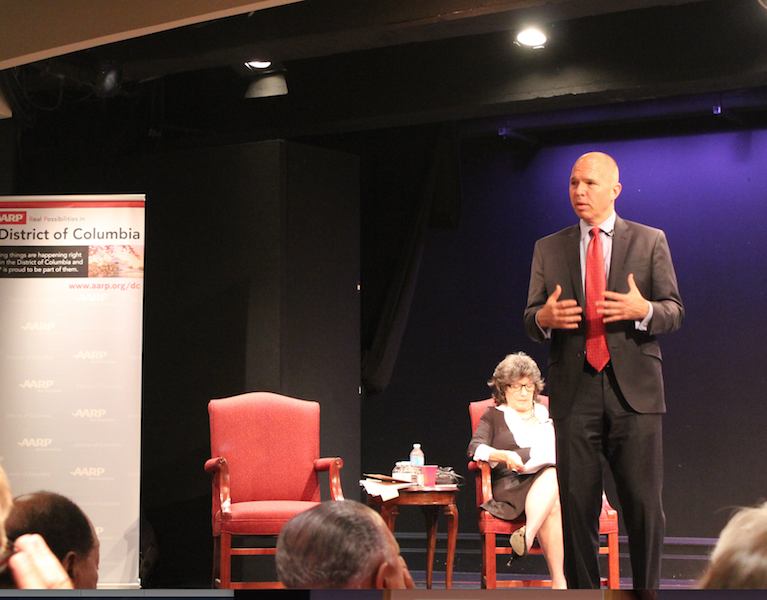Four of his former sexual partners, including one 15-year-old girl and his then 17-year-old wife, have been diagnosed with AIDS. Aside from those four, Basir has allegedly engaged in unprotected sex with countless women.
According to the Centers for Disease Control, the leading cause of HIV infection for African- American women is unprotected, heterosexual sex. It is among the top four causes of death for African-American women aged 20 to 54 years old.
However, Kershaw recognizes that the responsibility of protection falls on both partners.
"It shows that black people are still not aware of the disease," she said.Kershaw believes that though the case brings attention to the matter, it will do little to change the practices of African Americans.
"I think this will open people’s eyes, but soon this story will fade out and they will go back to their normal routine: having unprotected sex or not getting tested.""It’s sad to say, but it’s almost one’s own fault for getting AIDS these days." Jackson believes the case sheds light on the importance of condom use and using discretion with choosing sexual partners.




